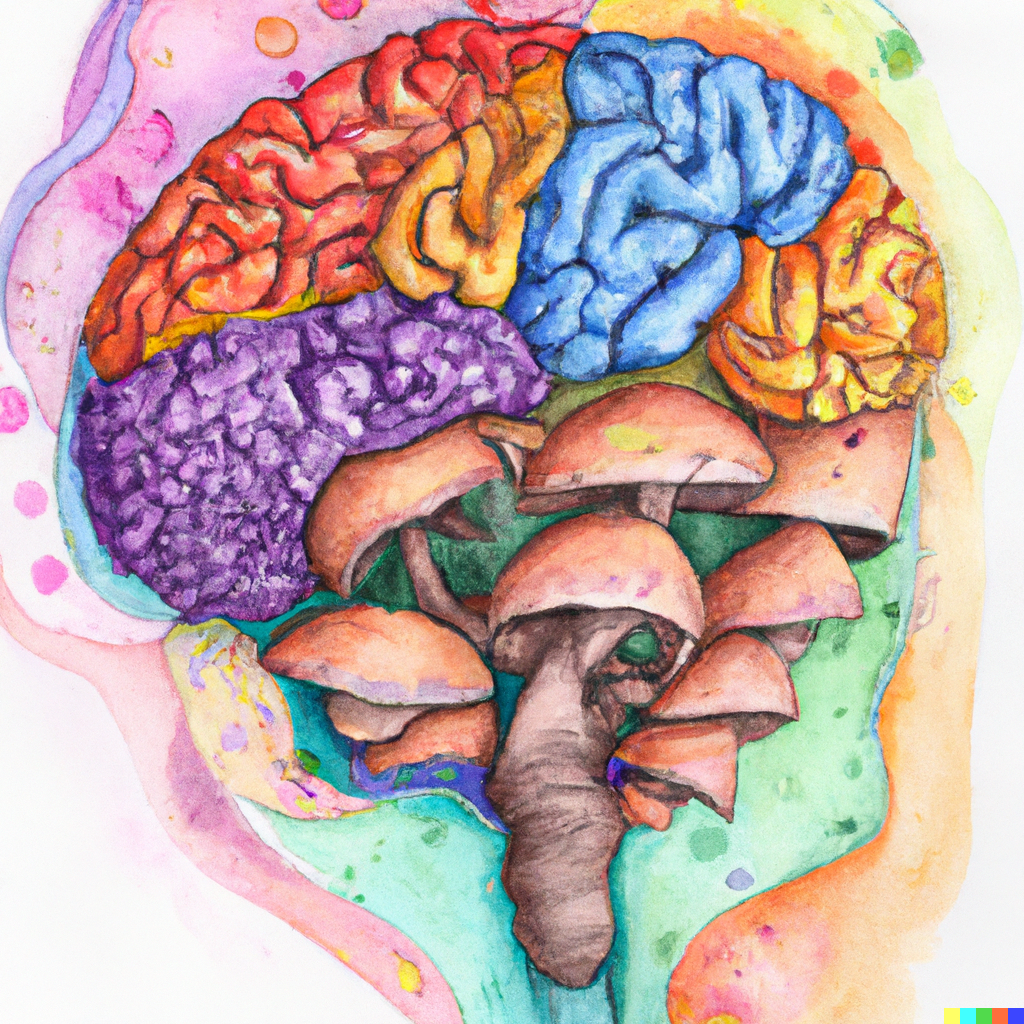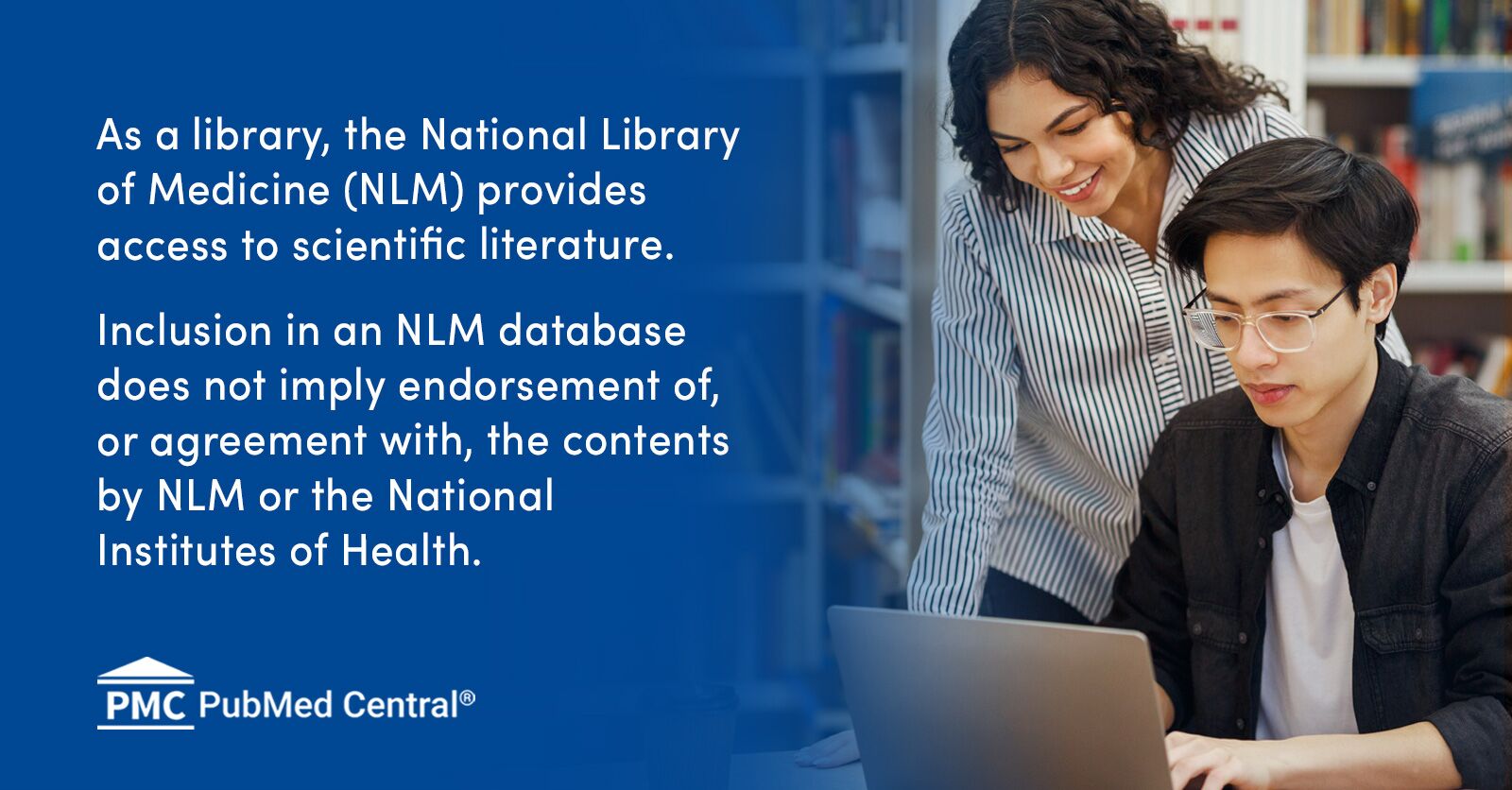The gold standard in the context of medical trials is the double-blind randomized trial. In such trials, the response to a potential therapeutic agent is measured relative to the response to an inactive placebo.
Psychedelics are thought to be powerful therapeutic agents. Some psychedelics may be therapeutic even at sub-perceptual doses, but it is likely that some therapeutic benefit can be obtained at psychoactive doses, and - in some cases - the psychoactive experience itself may contribute to the therapeutic effect.
The problem that this review addresses is: How do you run a blind trial with a placebo when the “active” ingredient is expected to produce a psychoactive experience? Participants are by definition not supposed to know whether they took the placebo or the active agent… but someone who experiences a powerful psychoactive experience is unlikely to remain “blind”.
The review goes over some ideas such as the use of “active placebo comparators” which are psychoactive substances that are different enough to the substance under test.
An argument is also made for a paradigm shift: let’s move away from double blinded placebo trials as the global gold standard and establish alternative methods to show efficacy - such as “pragmatic clinical trial designs”.
I was going through the literature and thought this was an interesting topic to share and discuss. What do you think? 😄


